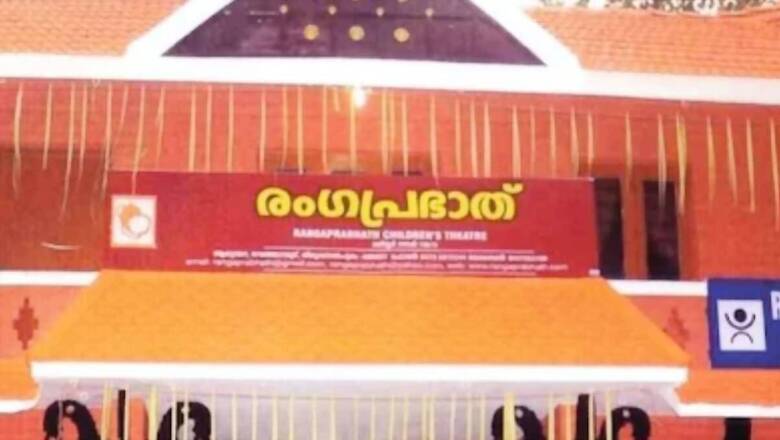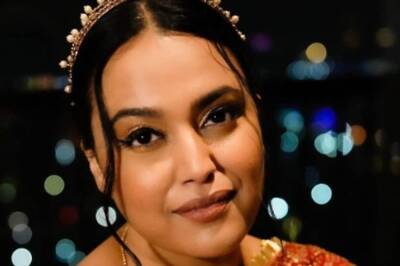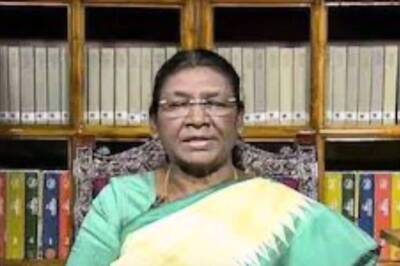
views
Rangaprabhath Children’s Theatre is popularly hailed as a home away from home for the children. It is located in the Alumthara village of Venjaramoodu, Thiruvananthapuram. It was started in 1970 as an experiment in the stimulation of personal growth of children. It was applied in the field of theatre education, concentrating on character development, value creation and personality development of children. Rangprabath conducts children’s play performances in as many schools in the state as possible. It has an open-air theatre and an indoor theatre attached to it. It has facilities to train children and youth in arts, crafts and vocational activities from five to twenty-five.
This theatre group began under the guidance and support of a renowned figure in Malayalam theatre, Prof. G Sankara Pillai in 1970. It was sustained by its Founder-President Guru Kochunarayan Pillai.
In 1967, Kochunarayana Pillai came up with the idea of a children’s theatre when he participated in the theatre phenomenon held in Sasthamkotta under the leadership of G. Shankara Pillai. In 1970, the Vamanapuram Government started a children’s theatre called Rangaprabhath theatre. Prof. G Sankara Pillai is famous for the play Pushpakiritam. The play’Maddalamal composed by Shankara Pillai was performed all over Kerala by Rangaprabhath’s child artists. With the income from that, he bought 11 cents of land in Alanthara village and built a small open-air theatre.
Every year Rangaprabhath organises programs like Foreign Language National Drama Festival, Theater Workshop, Natarang, Nadan Kala Mela, Balavihar Mela, Seminars, Lectures, and Research Theater Associations. The government provides financial assistance to Rangaprabhath theatre which is known as the country’s first theatre exclusively for children.
By 1988, the generation that was initially part of this theatre culture had grown up to start new businesses. The children and youth are divided into three groups
Kadambam: for children (5 – 14 years)
Kalari: for teenage group (15-30 years)
Kalam: for a full-fledged adult theatre group.




















Comments
0 comment